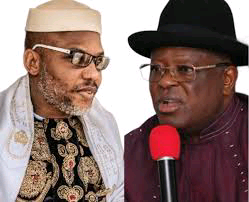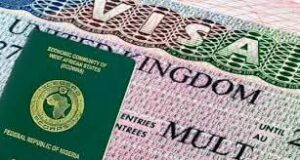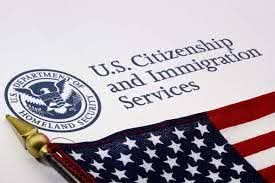Court Orders Minister of Interior and AGF to Justify Proposed Expatriates’ Taxation Regime

A Federal High Court in Abuja has directed the Minister of Interior, Dr. Olubunmi Tunji-Ojo, and the Attorney-General of the Federation (AGF), Mr. Lateef Fagbemi, SAN, to appear before it in three days to justify the proposed implementation of the Expatriates’ Employment Levy (EEL). The court order follows an ex-parte motion filed by the Incorporated Trustees of New Kosol Welfare Initiative, challenging the introduction of the new expatriate taxation policy. The motion, marked FHC/ABJ/CD/1780/2024, was presented by the plaintiff’s legal counsel, led by Paul Atayi, and seeks to restrain the defendants from enforcing the proposed taxation regime. The plaintiff’s application for an interim injunction argues that the implementation of the EEL should be suspended pending a full hearing of the matter. In his affidavit, Programme Implementation Coordinator of the plaintiff group, Raphael Ezeh, outlined the key provisions of the proposed Expatriates’ Employment Levy. According to Ezeh, the government plans to impose a tax of $15,000 (approximately N23 million) annually for expatriates at the director level, and $10,000 (about N16 million) for non-director expatriates. These rates are set to apply to companies engaging foreign professionals, with penalties and sanctions for non-compliance, including fines and imprisonment for false reporting or failure to adhere to filing deadlines. Ezeh described the policy as an “anti-people” measure, asserting that its potential economic impact could stifle Nigeria’s growth, especially given its severity and the lack of legislative backing for such a tax imposition. He emphasized that, under Section 59 of the Nigerian Constitution, tax policies require collaboration between both the executive and legislative branches of government. The plaintiff further contends that the EEL is overly burdensome for both expatriates and businesses, contrasting it with the more favorable current taxation regime for foreign professionals. Ezeh warned that if the government proceeds with the full implementation of the EEL without judicial restraint, it will harm the nation’s economic sustainability. Justice Inyang Ekwo, after hearing the plaintiff’s submissions, issued an order for the Interior Minister and the AGF to appear before the court within three days to show cause why the court should not grant the plaintiff’s application. The matter is scheduled for a hearing on January 16, 2024. This legal development follows the Federal Ministry of Interior’s temporary suspension of the EEL in early 2024, allowing for further consultations with the Nigerian Association of Chambers of Commerce, Industry, Mines, and Agriculture (NACCIMA) and other stakeholders.






